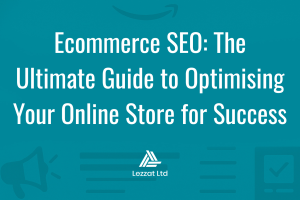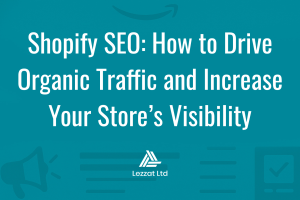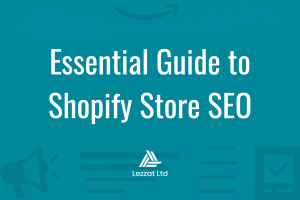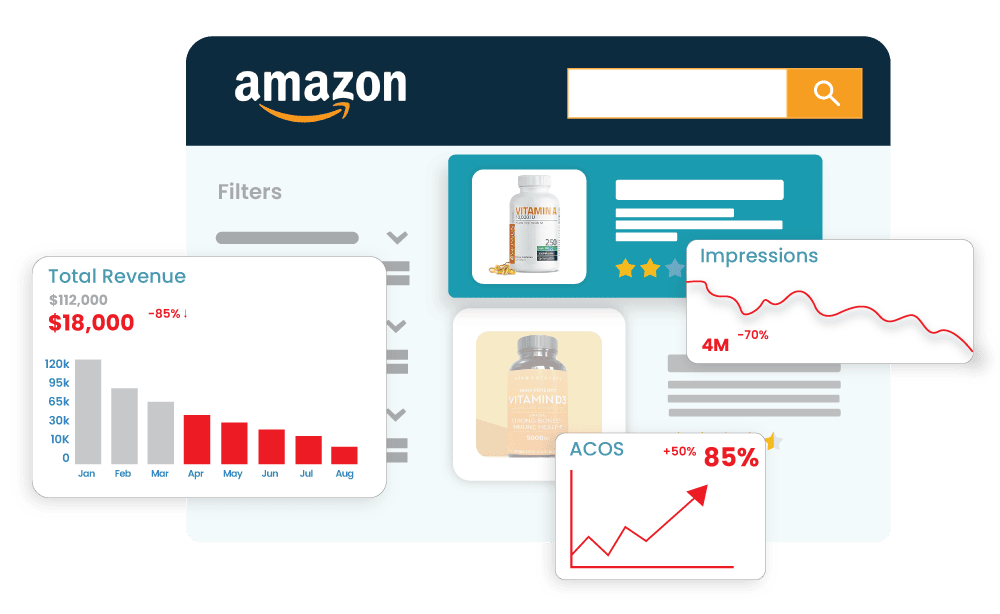You might have heard the term SEO before and how important it is for your website. Marketers make a big fuss about improve SEO and there is a good reason behind it. So, what is SEO and is it important for your business?
There are various terminologies of what Search Engine Optimisation (SEO) is. Oxford dictionary refers to it as “the process of making a website appear high on a list of results given by a search engine”.
Moz, a popular SEO software company refers to it as: “SEO stands for Search Engine Optimization, which is the practice of increasing the quantity and quality of traffic to your website through organic search engine results.”
What is SEO?
“Put it simply, SEO is about increasing the organic traffic your website. By increasing the number of visitors to your website you are in turn increasing the number of potential customers your business might get.”
But what is organic traffic? To put it simply, there are 2 ways anyone can find your website, either from a paid advert (Google AdWords or Facebook Ad, etc.) or they find it by searching the internet.
The latter is what is called organic traffic. This search could be on Google, could be on Amazon or Etsy (for a particular product) or even YouTube. Now in order to be found on these platforms and appear high on the search results, you have to take into account several factors that improve your SEO score such as SEO keywords.
What is SEO Keywords?
Keywords are search terms people use to find your business. For example, to find our company Lezzat, people will often search Marketing Agency, B2B Marketing, etc.
We show up because these keywords are relevant to the type of business that we do. These keywords can be short (e.g. Marketing) or they can belong, which are often called long-tail keywords (e.g. Best B2B Marketing Agency in the UK).
Because there are a lot of websites out there competing for keywords, it is often advised to try and aim to rank for longterm keywords if your website is new. This will give you better chances of getting on page 1 for that term.
What is SEO in Marketing?
With the evolution of the internet and the growing importance of digital marketing specific roles in marketing have been created that didn’t exist 20 years ago. An SEO specialist is a market role given to an individual who’s the main task is to improve the organic traffic the business gets.
It is a role that requires technical expertise as well as content writing and can have a major impact on the overall success of a business.
But what happens if you don’t have the budget to hire a marketing specialist? Here are some tips that can help you get on the right path when it comes to SEO.
Step 1 – Identify the keywords related to your business
First, you must know what keywords people use to find your business online. From our experience, these can be a mixture of known keywords and unknown ones as well.
A good place to start is to use a keyword tool to find these keywords. Tools such as Ubersuggest and SEMrush can help you find these keywords. You can also use these tools to check what your competitors rank for as well which is handy.

Step 2 – Map the keywords to your website
You should have a list of 15-20 keywords that you want your website to rank. What you should now do is to map these keywords based on the structure of your website.
Some of these keywords are better places for your services pages and some for other pages such as home or about. Try not to have more than 2 keywords per page as this will make things difficult later.
Step 3 – Get the basics right of what is important for SEO
There are more than 200 factors that Google takes into account when ranking your page. These range from website age to usage of keywords and authority. The good news is that, for basic SEO, you don’t have to look at each one of them.
As a start, you should focus on the key elements of basic SEO which are:
- URL – e.g. www.companyname.com/keyword.
- Page title – Your page title should have the keyword you want to rank for.
- Page content & length – Your page’s content should repeat the keyword you want to rank for and synonyms of it while it’s length should be 1000 words or more ideally.
- Images – the title of the images and its properties should include the keyword you want to rank for.
- Internal & External links – having links that point out of your website as well as internal links helps your SEO score.
- Speed – An extremely important factor, make sure your website has a fast loading speed. Use tools such as GTMetrix to see how fast and what you can improve.
Step 4 – Get your images right
Your images should be optimized for the web. What that means is they should not be too big in size as they will slow down the loading speed of your website and hurt your SEO.
Your images should be ideally in JPEG format and compressed in size. You can use free tools such as compressor.io to do this and the files should be tagged with the keyword you want to rank for that page.
Step 5 – Build links to your website
Once you have your website up and running you should focus on linking to it from various other websites. These are called backlinks and are important to help build website authority for your business.
Look at free directories, social media (Facebook, LinkedIn, Twitter, etc) and even local websites to help register your business there and get links pointing to your website.
Step 6 – Measure the traffic you get
Make sure you have Google Analytics set up for your website so that you can track where your traffic is coming and how your keywords are performing.
Conclusion
There you have it, basic SEO tactics that will help your website rank higher. Investing in your websites SEO is a tedious process that takes a lot of effort but the results are worth it. You won’t see the impact of these results immediately but over time you will have these changes work for you and rank you higher.
We hope you found these steps useful and learned what SEO is about. If you need more help with your SEO strategy make sure to ping us an email.
Please consider to Like&Share!






